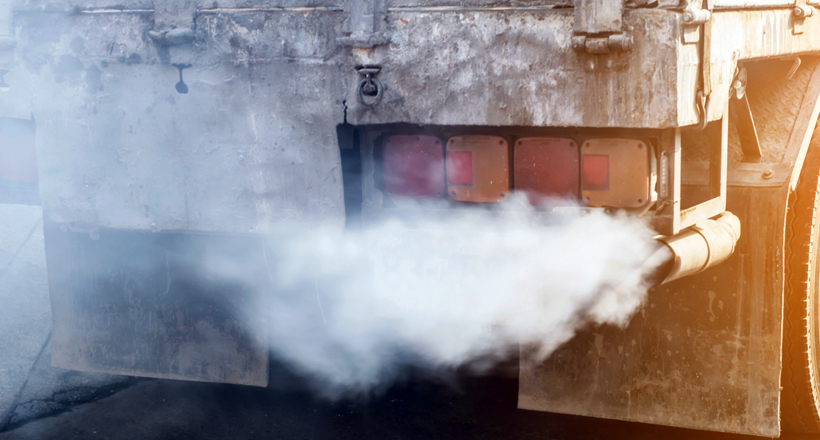
TRANSFORMATIVE CLIMATE COMMUNITIES
Counting Trucks in Newark’s South Ward Supports Drive for Cleaner Air
South Ward Environmental Alliance
To collect localized data on truck emissions, SWEA recently conducted a two-day truck count effort focused on medium and heavy-duty trucks in six areas of the South Ward of Newark. This data will help us advocate for cleaner air and measures to improve public health.
The Burden of Truck Emissions in Urban Areas
The South Ward of Newark has long grappled with the cumulative impacts of air pollution due to high levels of industrial activity, vehicular emissions, and certain geographical features that can trap pollutants. Roadways and travel corridors that cut through and alongside the South Ward serve as primary routes for the transportation industry, carrying goods out of Port of Newark to the surrounding region and beyond. Residents are exposed to disproportionately high levels of air pollutants from these trucks, including health-harming emissions such as nitrogen oxides (NOx), particulate matter (PM), and volatile organic compounds (VOCs).
Our Truck Count event was designed to gather real-time data on the number of trucks passing through densely populated areas and sensitive locations like schools and residential housing. SWEA staff, youth organizers, and volunteers stationed themselves at strategic locations, recording counts and then analyzing the data by breaking it down into categories by truck type.
Data collected from these ongoing truck counts is always eye-opening and provides SWEA with valuable insights into the trucking activity in our community. We continue to do these truck counts at the same locations within the same three time slots so that we can analyze the data over time. For example, we plan to compare data from this year with previous years and identify any patterns or trends.
Key findings and observations from this truck counting event include the following:
High Volume of Diesel Trucks: A substantial number of diesel trucks were observed, indicating a reliance on this emission-intensive fuel source for transportation.
Impact on Vulnerable Communities: Many observed truck routes passed through neighborhoods with higher proportions of marginalized communities. One of our stations was on Frelinghuysen Avenue, a main thoroughfare in Newark. This area has an industrial waste complex across the street from the Newark Housing Authority senior public housing complex, home to approximately 800 residents.
Awareness Gap: A noticeable need for more awareness about the correlation between truck emissions and air quality was observed among the passersby with whom we spoke during the truck count event.
Need for Electric and Low-Emission Solutions: The event underscored the urgency of transitioning to electric trucks and trucks with low-emitting technology to reduce air pollution and its negative health impacts.
Promoting Change for Cleaner Air and Environmental Justice
Armed with the valuable data collected during our recent Truck Count, SWEA plans to remain on the frontlines driving positive change in several ways:
1. Advocacy and Policy Initiatives: We will use the data to advocate for stricter regulations on truck emissions, promoting the adoption of cleaner technologies and fuels.
2. Collaboration with Stakeholders: We intend to foster collaborative efforts to improve air quality and reduce the impact of truck emissions by engaging with local authorities, businesses, and other stakeholders.
3. Educational Campaigns: We intend to launch educational campaigns to raise community awareness, ensuring that Newark residents understand the importance of reducing truck emissions for a healthier environment.
4. Community Engagement: We will continue to mobilize the community towards demanding cleaner transportation solutions by raising awareness about the correlation between truck emissions and poor air quality.
Truck Count Data: South Ward Routes
Route Number
Route 1: Lyons Ave & Fabyan Place
Route 2: Frelinghuysen Ave & Evergreen Ave
Route 3: Frelinghuysen Ave & Empire St
Route 4: Frelinghuysen Ave + Meeker Ave
Route 5: Elizabeth Ave + Meeker Ave
Total:
Number of Trucks
912
735
1,420
1,048
1,365
5,480
SWEA is committed to advocating for positive change, engaging the community, and working collaboratively with stakeholders to pave the way for cleaner air and a healthier future for all residents of Newark.






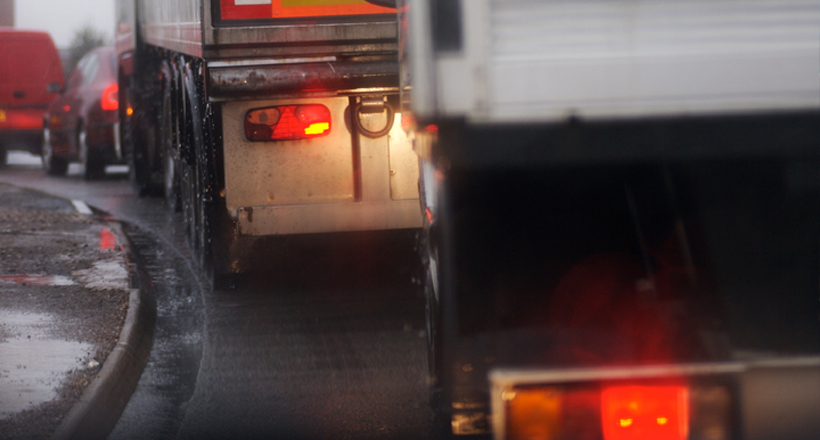
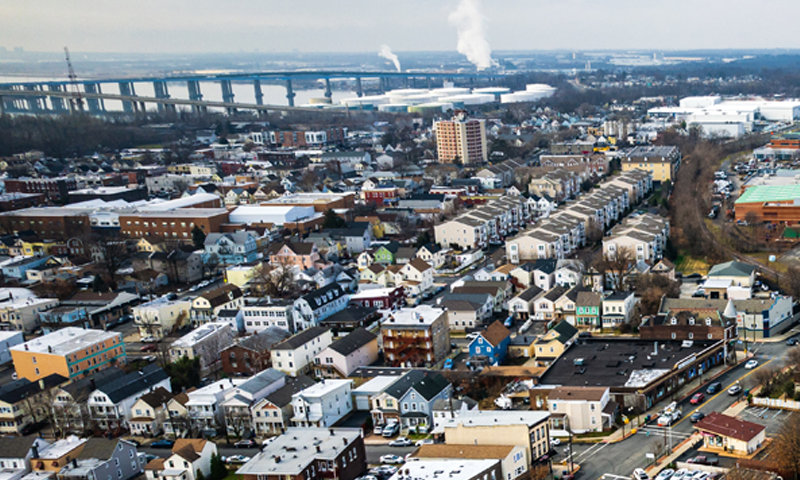
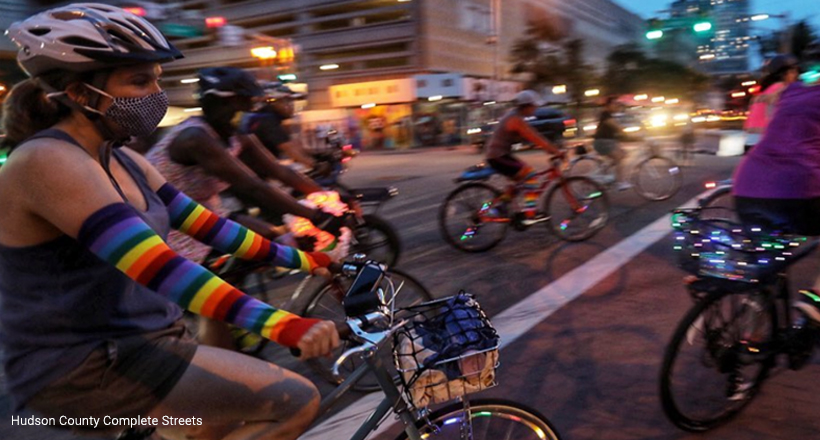
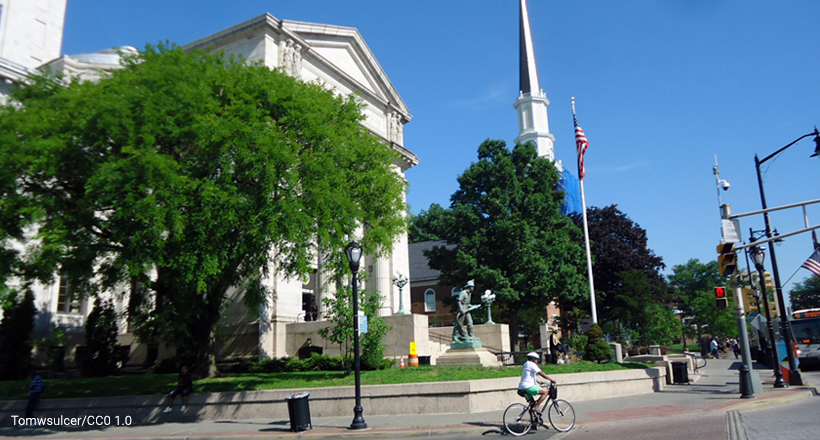
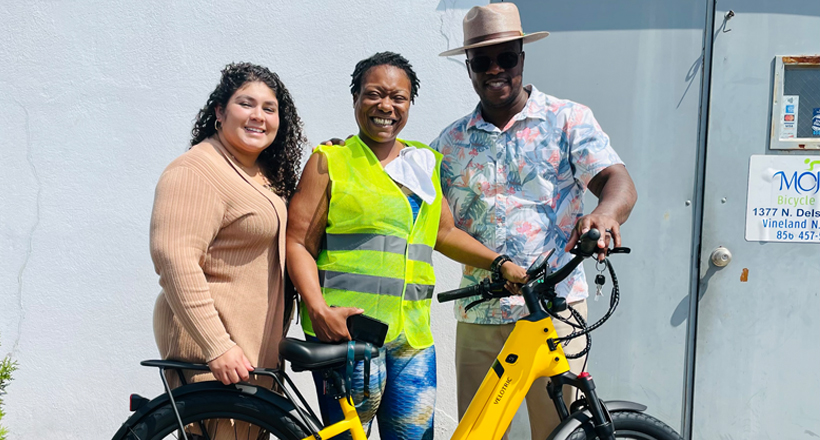
 Angel Alguera
Angel Alguera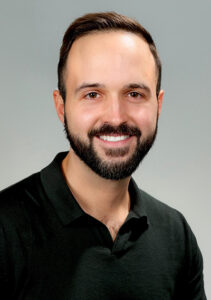 Daniel Gilkeson
Daniel Gilkeson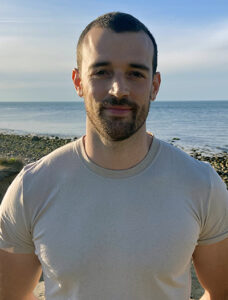 Benjamin Goldberg
Benjamin Goldberg Surya Jacob
Surya Jacob Vineesh Das Kodakkandathil
Vineesh Das Kodakkandathil Douglas Leung
Douglas Leung Nihar Mhatre
Nihar Mhatre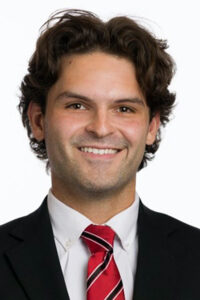 Justin Morris
Justin Morris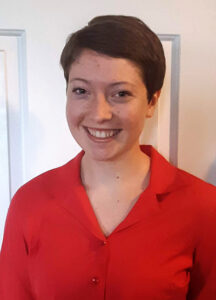 Josephine O’Grady
Josephine O’Grady Jessica Parineet
Jessica Parineet Dillan Patel
Dillan Patel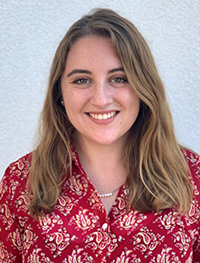 Moira Sweeder
Moira Sweeder